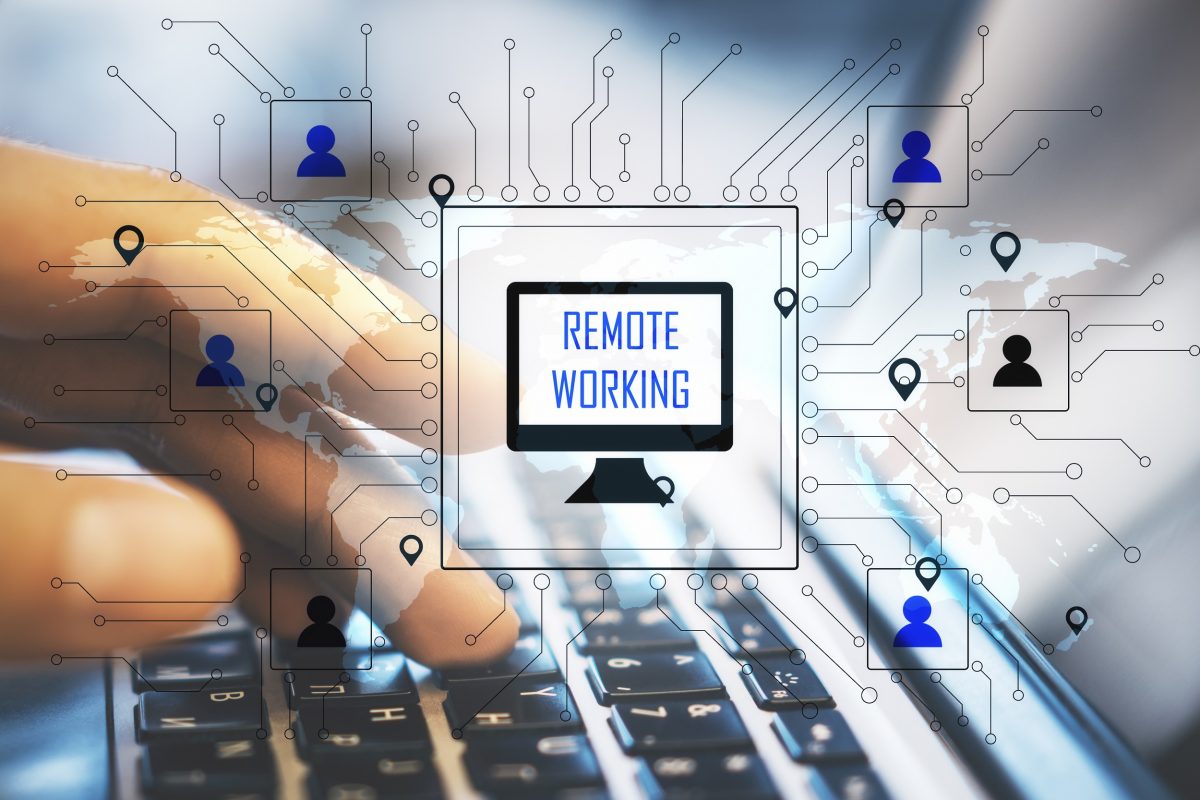Article by Thawipong Anotaisinthawee, Country Manager, Nutanix (Thailand)
Hybrid Cloud – Hybrid Work, AI, and Security are key components of the Hyper-digital Transformation
Nutanix reveals technological trends that will revolutionize the way we work and live into a completely digital one.
Hybrid Cloud – Hybrid Work: Key enablers for all aspects
Cloud lock in will grow as a concern as companies look to operate in public clouds and this in turn will drive the adoption of hybrid multicloud strategies to enable them to make use of the best that each cloud has to offer while also providing a degree of freedom and choice for their applications and data.
Enterprises will increasingly adopt hybrid cloud as their preferred mode of operation. As IT deploys workloads across clouds, they will look for more operational consistency across their clouds – leading to adoption of technologies that offer unified user experiences, policies, security postures and SLAs.
For Thailand, according to the Data Center and Cloud Service in Thailand report, Board of Investment, Thailand’s digital economy is expected to contribute 25 percent of the country’s GDP by 2027. Cloud services are one of the most essential drivers of the Thai digital economy. Demand for these services will stem from existing digital services, such as e-commerce, e-payment, and digital content streaming, as well as novel and soon to be widely adopted services such as the internet of things. The Thai consumers are inducing more and more service digitization. At the same time, businesses and industries are also massively digitally transforming themselves, and so will increase the demand for cloud-based digital services.
Technology drives emerging workforce
Tech will be a key enabler for all aspects of the emerging workforce, driving employee engagement, company culture, health and wellness, flexible work, and of course employee productivity. Companies that learn how to adapt and use tech well for these purposes will have a competitive advantage when it comes to retaining and attracting talent during the great ongoing migration.
As the covid-19 pandemic winds down and employees return to work, IT will need to adapt yet again, this time to a hybrid workforce. Balancing between in-person, real time collaboration while keeping a remote workforce engaged will require new collaboration tooling.
The year of security automation
Security will remain a top priority for IT, with data security emerging as a top-of-mind problem. As hybrid data becomes increasingly prevalent, a new class of data tracking and governance tools will be needed to meet compliance and security requirements.
2022 will be the year of security automation in response to the pandemic and targeted supply chain threats. The hyper-digital transformation experienced by the enterprise will not stop, but will accelerate and require faster, value-driven solutions to secure the now dedicated remote workforce, their applications, and their data. This begins and ends with a holistic approach to security risk management stemming from an enterprise’s collective technology supply chain. Having deeper understanding into how malware/phishing will affect their ability to respond, and, in turn, create a ‘war-games’ like posture for understanding, finding, and hunting unique threats targeted at their specific industry or business model. These insights will be adapted to users, applications, and data primarily as zero-trust implementations where a single user can be monitored or validated throughout their request and access lifecycles.
Cyber exploits will become increasingly refined and WFH trends will exacerbate this: it is expected that in 2022 we’ll see the first major cyber exploits that take advantage of technology advancements that are not yet well-secured. Perhaps we’ll see a major exploit that takes advantage of facial recognition technology’s recent enhancements to carry out an impactful Deep Fake, or see a company or nation-state infiltrated via 5G. Although 5G is more secure than previous wireless technologies, the attack surface is much larger, and WFH/remote work increases the value of data shared over 5G.
To be ahead of the pack by AI
2022 will be the year of AI. Between advancements in technology and shortage of skilled labor in a number of areas, we expect a lot more enterprises will be looking at AI to address some of their challenges. AI will become an important tool to power IT operations and automation. Techniques such as few shot learning and more robust models will make it easier to adopt AI without training on massive data sets. But the reality is that AI is not easy. So, in addition to an increased focus, I expected many companies to fail in their first foray with AI. On the flip side, I think enterprises taking their initial steps in AI will be more likely to succeed when starting with a defined scope and strong business objective in mind, rather than trying to address large problems right off the bat. Similarly, those who will leverage existing models developed by leading research or company projects will be ahead of the pack.
Source: FAQ

